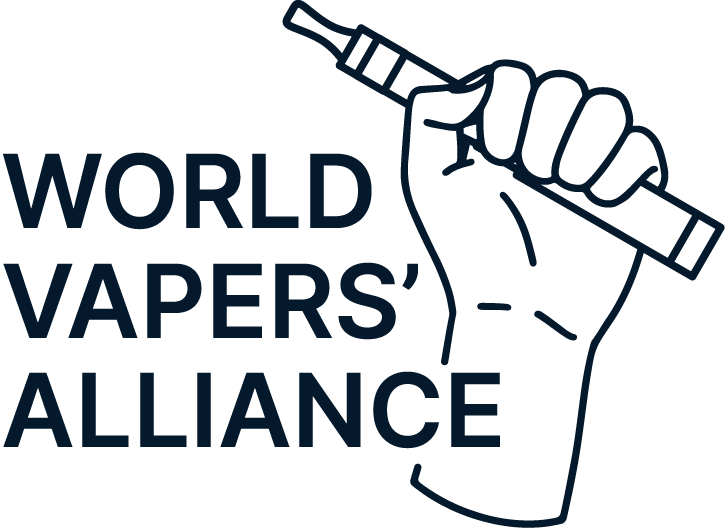Azken bat aztertzea Cancer Research aldizkarian argitaratutako ikerketak publikoa eta komunikabideak hunkitu ditu zigarro-erretzaileen eta zigarro elektronikoen erabiltzaileen kartzinogenesiarekin lotutako DNA metilazio-aldaketei buruzko aurkikuntzekin. Hala ere, azterketa zehatzago batek eta adituen iritziek iradokitzen dute aurkikuntza horien ondorioak ez direla hasieran aurkeztu bezain kezkagarriak izango.
Ikerketan, ikertzaileek erretzaileen ahoko epitelio-zeluletan DNAren aldaketa espezifikoak identifikatu zituzten, erretzaile izateko historia mugatua duten zigarro elektronikoen erabiltzaileengan ere agertzen direla. Aldaketa hauek minbizi-ehunen metilazio altuarekin lotuta daude eta kartzinogenesiaren eragile potentzial gisa iradoki ziren. DNAren metilazio-aldaketen presentzia partekatua azpimarratu arren, adituek minbizi-arriskuarekin korrelazio zuzenak ez egitea ohartarazi zuten. Behatutako aldaketa epigenetikoak bi taldeetan ohikoak dira, baina datu epidemiologikoek ez dute populazio horietan minbizi-arrisku uniformea onartzen. Desadostasun honek biomarkatzaileen aurkikuntzak minbiziaren emaitza eta arrisku-faktore ezagunen testuinguru zabalagoan interpretatzearen garrantzia azpimarratzen du.
Aurkikuntza hauek “Vaping-a 'minbiziarekin lotuta dago eta gorputzari kalte egiten dio erretzeak bezala'‘ bezalako titularrak sortu zituzten. The Times eta “Vapeatzeak MINBIZIA eragin dezakeela beldur da” Posta, eta horrek kezka-olatu oinarririk gabekoa sortu du. Hala ere, titular hauek aurkikuntzak gehiegi interpretatzen dituzte, minbiziaren garapenaren konplexutasuna eta zigarro elektronikoen erabilerarekin lotutako benetako arriskuak aitortu gabe, erretzearekin alderatuta.
Aurkikuntzak aipagarriak diren arren, ez dute zuzenean loturarik ezartzen bapeatzearen eta minbiziaren artean, izan ere adituek azpimarratu dute. Adibidez, Mangesh Thorat doktoreak eta George Lakingek adierazi zuten zein garrantzitsua den epe laburreko zelulen aldaketak eta minbizia izateko arriskua areagotzen duten epe luzeko aldaketek bereiztea. Peter Shields irakasleak ere iradoki zuen datuek adierazten dutela lurrungailuek inoiz erre ez dutenen antzekoagoak izan daitezkeela, eta horrek lurrungailuak eragindako minbizia izateko arrisku txikiagoa iradoki dezakeela.
Gainera, Clive Batesek, tabakoaren kalteak murrizteko komunitateko ahots errespetatu batek, ikerketa kritikatu zuen erretzaileen eta tabako produktu modernoen erabiltzaileen artean minbizia izateko arrisku oso desberdinak ez zirela kontuan hartu, AEBetako eta Eskandinaviako datu epidemiologikoek erakusten duten bezala.
Ikerketa 2018an St. Andrews Unibertsitateko Stephens doktoreak egindako ikerketak ikuspegi kontrajarria aurkezten du. Ikerketa honek frogatu zuen zigarro elektronikoek eragindako minbizia izateko arriskua, erretze tradizionalarekin alderatuta, ehuneko erdi baino txikiagoa dela. Emaitza horiek funtsezko testuingurua ematen diote eztabaidari eta lurruntzeak erretzea baino alternatiba kaltegarri gutxiago gisa duen potentziala azpimarratzen dute.
Ondorioz, ikerketak tabako produktuek eta zigarro elektronikoek epigenoman nola eragin dezaketen ulertzen laguntzen badu ere, haren aurkikuntzak ez dira lurruntzeak minbizia izateko arriskuaren froga sendo gisa hartu behar. Biomarkatzaileak identifikatzetik minbiziaren garapena aurreikusteko jauzia esanguratsua da, eta egungo frogek, Stephens doktorearen ikerketa barne, iradokitzen dute lurruntzearekin lotutako arriskuak erretzearekin lotutakoak baino txikiagoak direla ziurrenik.
Eztabaida sakonago bat eta adituen erreakzioak ikusteko, bisitatu Zientzia Komunikabideen Zentroa. Jarrai dezagun elkarrizketa ikuspegi informatu batekin, osasun publikoko estrategietan kalteak murrizteak duen eginkizuna aitortuz.







